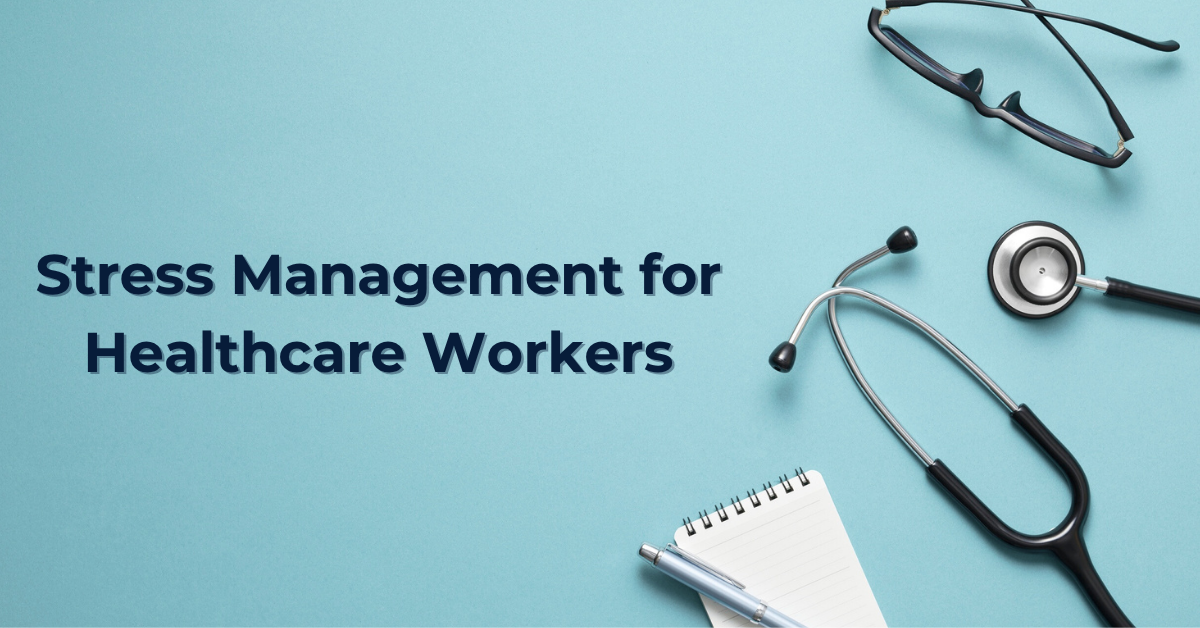
Everyone experiences stress from time to time. However, it can become a concern when it develops into something chronic and negatively impacts your life. In the demanding world of healthcare, stress might feel like an unavoidable part of the job. Long shifts, emotional fatigue, and high stakes decision-making can take a toll on an individual. When stress goes unmanaged, it can negatively impact both your physical and mental health. Having stress management techniques is essential for maintaining your mental and physical health as well as improving your quality of life.
Contributing Factors to Workplace Stress
There are many factors that can contribute to workplace stress including:
- Increasing workload
- Staffing shortages
- Long shifts
- Lack of resources
- Organization culture
Ways to Help Manage Stress
Track your stressors: Keep track of the situations that cause you stress and how you respond. Over time, this can reveal patterns helping you identify what to address and how to respond more effectively.
Establish Boundaries: Be clear about your hours, communicate your limits in a respectful way, and avoid taking on more than you can handle. Creating a work-life balance leads to better productivity and overall well-being.
Develop Healthy Responses: Making time for your favorite hobby, spending time with a friend, and getting enough sleep are great ways to help manage your stress levels.
Learn to Relax: Learning to relax is essential for stress management. Taking a few minutes each day to focus on meditation, mindfulness, and deep breathing exercises can help with stress. Intentionally slowing down, letting go of tension, and giving your mind and body a chance to reset is essential to managing your stress.
Talk to Your Supervisor: If workplace stress is building up, have an open conversation with your supervisor. Discuss the challenges you’re facing and work together to come up with a plan for managing the stressors you’ve identified so you can perform at your best.
Get Support: Accepting help from trusted friends and family members can improve your ability to manage stress. Having someone you trust to talk to about what you are going through can offer new perspectives and remind you that you’re not alone. Support systems play a powerful role in stress management and emotional well-being.